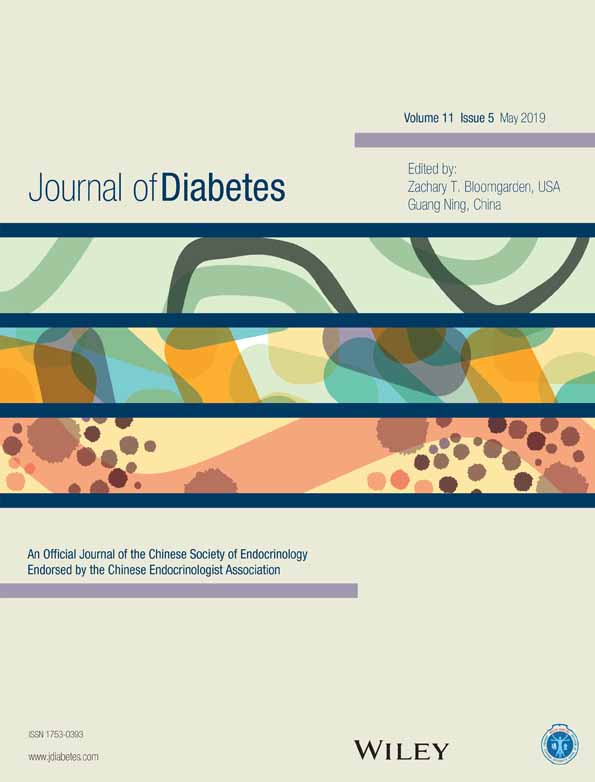Social jetlag, sleep-related parameters, and glycemic control in adults with type 1 diabetes: Results of a cross-sectional study
成年1型糖尿病患者的社交时差、睡眠相关参数与血糖控制:一项横断面研究结果
Abstract
enBackground
Social jetlag (SJL) is a small recurrent circadian rhythm disruption and the most frequent form of circadian rhythm misalignment. The main aim of this study was to investigate the effect of SJL on glycemic control, as assessed by HbA1c, in real-life settings.
Methods
In all, 115 consecutive patients with type 1 diabetes (T1D) were analyzed cross-sectionally. Data on bedtime, sleep onset latency, and wake up time on weekdays and weekends during the previous month were collected from all participants and used to calculate SJL, chronotype, and sleep duration. Sleep quality was assessed by the Pittsburgh Sleep Quality Index (PSQI). A PSQI score > 5 was considered as an indicator of poor sleep quality.
Results
Patients with SJL ≥ 1 hour had significantly higher adjusted values of HbA1c than those with SJL <1 hour (8.7% vs 8.0%; P = 0.029). In unadjusted multivariate regression analysis, SJL ≥ 1 hour and poor sleep quality were significant predictors of HbA1c values, explaining 22.7% and 23.5%, respectively, of the increase in HbA1c. After adjusting for age, sex, diabetes duration, insulin dose (kg/d), insulin regimen and body mass index, only SJL ≥ 1 hour remained associated with HbA1c (β = 0.253; P = 0.026). There was no significant interaction between SJL ≥ 1 hour and poor sleep quality in either the unadjusted or adjusted models (Pinteraction = 0.914).
Conclusions
In patients with T1D, SJL is associated with poor glycemic control, acting independently of sleep quality, sleep duration, and chronotype to exert a deleterious effect on glycemic control.
Abstract
zh摘要
背景
社交时差(Social jetlag,SJL)是一种周期性的轻度昼夜节律紊乱,是最常见的昼夜节律失调模式。这项研究的主要目的是在真实生活环境中调查SJL对血糖控制情况(使用HbA1c来评估)的影响。
方法
一共纳入了115名连续的1型糖尿病(T1D)患者,进行横断面分析。收集所有参与者在上个月在工作日和周末的就寝时间、等待入睡的时间以及起床时间等数据,使用这些数据计算SJL、睡眠时型(chronotype)与睡眠持续时间。使用匹兹堡睡眠质量指数(Pittsburgh Sleep Quality Index,PSQI)评估睡眠质量。将PSQI评分> 5作为睡眠质量差的指标。
结果
SJL ≥ 1小时与< 1小时的患者相比,前者校正后的HbA1c值显著更高(分别为8.7%与8.0%;P = 0.029)。在未校正的多元回归分析中,SJL ≥ 1小时与睡眠质量差都是HbA1c的重要预测因子,它们对HbA1c增量的贡献度分别为22.7%与23.5%。校正年龄、性别、糖尿病病程、胰岛素剂量(kg/d)、胰岛素治疗方案以及体重指数后,发现只有SJL ≥ 1小时仍然与HbA1c相关(β = 0.253;P = 0.026)。在未校正或者校正后的模型中,SJ L≥ 1小时与睡眠质量差之间都不存在显著的相互作用(P相互作用 = 0.914)。
结论
在T1D患者中,SJL与较差的血糖控制相关,它对血糖控制具有不良的影响,而且这种影响并不依赖于睡眠质量、睡眠持续时间以及睡眠时型。




